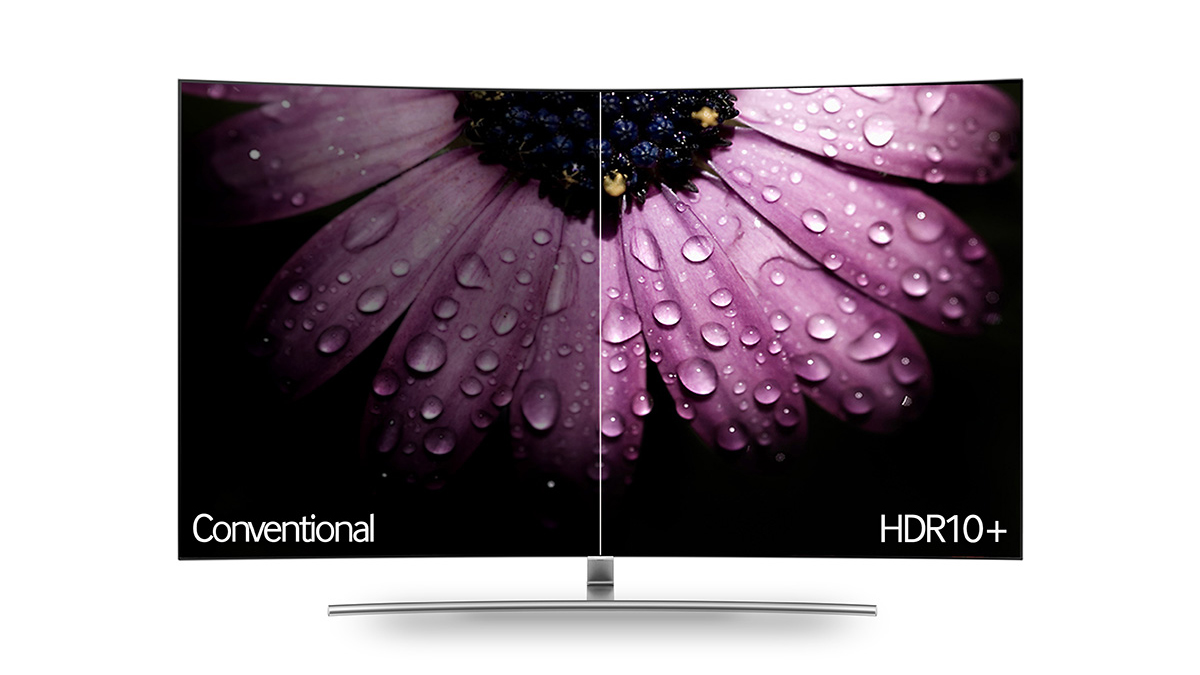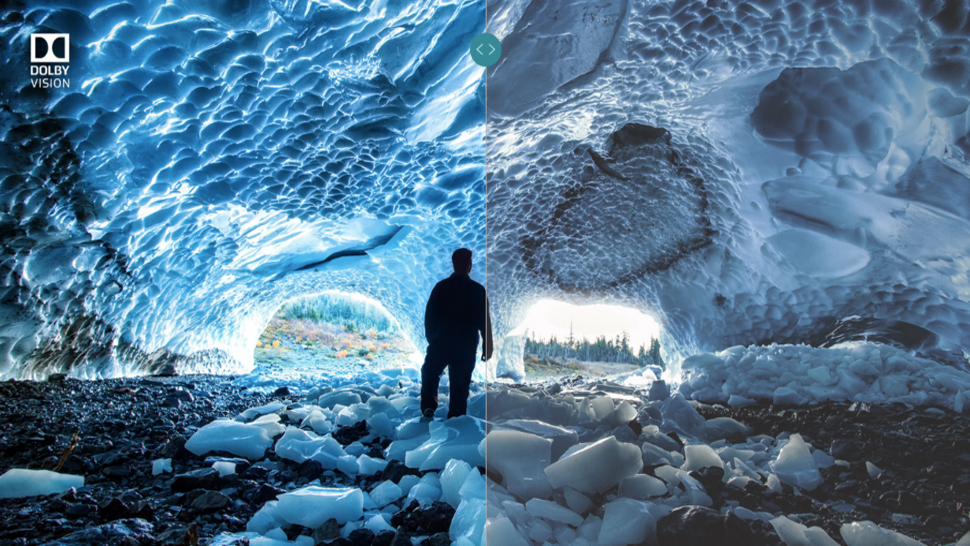Here’s why Sony isn’t following its rivals to HDR10+

Update: Samsung has reached out to TechRadar to clarify some of the points below on the HDR10+ Alliance and how products receive HDR10+ certification. Those changes have been noted below.
It seems that not one single CES can pass without there being some sort of format war: Last year, Dolby Vision came about to rival (and outclass) the universal HDR10 standard and, before that, LG paraded OLED around the showfloor while Samsung touted its quantum dot panels. We’ve seen Blu-ray beat out HD-DVD here at CES, and now, HDR10+ is going up against Dolby Vision to take the throne of best dynamic metadata-rich HDR format.
While sides have shifted and some manufacturers have stayed out of it entirely, for now it appears that Samsung, Amazon, 20th Century Fox and Panasonic have all aligned themselves with HDR10+, while Sony, LG, TCL, Netflix and others have signed deals with Dolby to bring Dolby Vision to their platforms.
Though companies can change sides any time they’d like (HDR10+ and Dolby Vision aren’t mutually exclusive), it seems that one of the biggest TV manufacturers in the world, Sony, won’t be making the switch any time soon.
Speaking to TechRadar, Sony President and COO, Mike Fasulo, said the company would likely focus its attention elsewhere rather than adopt HDR10+.
“HDR10 was established with the CTA as an industry standard. We support Dolby Vision. We support HLG … Our interest is in delivery mechanisms that make it easier for the consumer and make a more immersive experience,” Fasulo said.
But when asked if those delivery mechanisms included HDR10+, Fasulo seemed nonplussed with the idea of the format on Sony TVS.
Sign up for breaking news, reviews, opinion, top tech deals, and more.
“Again, our priorities are focused on other technology and delivery systems and we’re going to stay focused there,” Fasulo said.

HDR10+ vs Dolby Vision: what’s the difference?
Dolby Vision was one of the first dynamic metadata-driven HDR formats on the market. Instead of having one set dynamic range for an entire film like standard HDR10, Dolby Vision promised a scene-by-scene approach that would allow tones to shift to better match content.
HDR10+ more or less does the same thing - it too uses dynamic metadata to reflect frame to frame or scene to scene variations in brightness, color saturation, and contrast. The only difference is that with HDR10+ you don’t have to pay a licensing fee to Dolby to use it.
So is this format war all about money? The short answer is both yes and no.
While HDR10+ doesn’t charge a fee to license its technology, according to a source at LG, it does ask that you join the HDR10+ Alliance, a group of manufacturers that share data points and technology advancements with one another. As you can imagine, in an industry as competitive as television manufacturing is, there aren’t many companies too keen on sharing their insider information. So for that reason, Sony is out, or at least that’s our assumption.
(Correction: Samsung has reached out to inform us that there is no 'sharing of data points' between HDR10+ Alliance members, and the implementation in devices is deliberately unspecified so that it can be done as each device maker sees fit. The only requirement for a device to have HDR10+ on it is that it needs to support the format and pass the certification test based on quality.)
In better news, while it doesn’t appear that Sony will be joining the HDR10+ Alliance any time in the near future, Fasulo did reaffirm the company’s promise to bring the Dolby Vision software update to US Sony TVs by the end of January.
- New year, new tech – check out all our coverage of CES 2018 straight from Las Vegas, the greatest gadget show on Earth

Nick Pino is Managing Editor, TV and AV for TechRadar's sister site, Tom's Guide. Previously, he was the Senior Editor of Home Entertainment at TechRadar, covering TVs, headphones, speakers, video games, VR and streaming devices. He's also written for GamesRadar+, Official Xbox Magazine, PC Gamer and other outlets over the last decade, and he has a degree in computer science he's not using if anyone wants it.